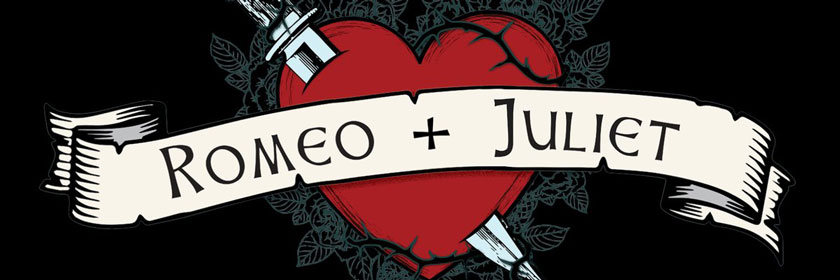
The Main Question
I am attracted to Nietzsche’s thought because he pursues as a cheetah on the savanna, question after question, wrestling each in turn into submission. Without assumptions about answers, he is interested to seize the main, root question, in order to clarify the alternatives inscribed within such a question.
Several evenings earlier I attended a Pub Theology gathering. A friend offered to those around our table that humankind has a hundred years or so of severe suffering in store. Suffering always brings the opportunity for insight and transformation. Humankind has yet to learn, to value a life-style that takes into consideration the natural cycles, the well-being of the oceans and air, of the land, of the integrity of diverse cultures, histories, and genders. Nothing is learned without suffering. At this moment, could I write anything at all upon this screen without expending effort?
Why do I and others dread the advent of the Trump administration? Barbarians appear as predators, with a particular surgical style, that feels opposed in the extreme to my style of well being. Nietzsche asks that I consider carefully when comparing the happiness of the Trump culture to that of my own. Happiness can be a cold beer and a NFL game on the screen or a mindful review of The Scent of Time by Byung-Chul Han.
The question presses upon my consciousness: Where is my addiction to knowledge, the relentless pursuit, my hapless love for philosophy, bound to take humankind-in-toto, inclusive of the earth itself? Could this be the last, the most important question to be asked? Could any of the things that inspire my passion, be solely about me? And yet, all of them seem to be about me…
I remain repulsed by Trump and his posse of devotees. But what am I “ok” to perish for? What do I love to the extent, for that, I would perish? Is that the one thing I need to be clear about? What about you?
Why do we fear and dread
a possible return to barbarism?
Is it because
it would make people less happy
than they are now?
Certainly not!
the barbarians of all ages possessed
more happiness than we do:
let us not deceive ourselves
on this point!
—but
our impulse towards knowledge
is too widely developed to allow us
to value happiness without knowledge,
or the happiness of a strong and fixed delusion:
it is painful
to us even to imagine
such a state of things!
Our restless pursuit
of discoveries and divinations
has become for us
as attractive and indispensable
as hapless love to the lover,
which on no account would he exchange for indifference,
—nay, perhaps we, too, are hapless lovers!
Knowledge within us
has developed into a passion,
which does not shrink from any sacrifice,
and at bottom fears nothing but its own extinction.
We sincerely
believe that all humanity,
weighed down as it is by the burden of this passion,
are bound to feel
more exalted and comforted than formerly,
when they had not yet overcome the longing for the
coarser satisfaction which accompanies barbarism.
It may be
that mankind may perish eventually
from this passion for knowledge!
—but even that does not daunt us.
Did Christianity ever shrink
from a similar thought? Are not love
and death brother and sister?
Yes, we detest barbarism,
—we all prefer that humanity should perish
rather than that knowledge should enter into a stage of retrogression.
And, finally,
if mankind does not perish through some passion
it will perish through some weakness:
which would we prefer?
This is the main question.
Do we wish its end
to be in fire and light,
or in the sands?
The Dawn of Day, by Friedrich Nietzsche, trans. by J. M. Kennedy, aphorism 429
2 thoughts on “The Main Question”
“What do I love to the extent, for that, I would perish? ”
That’s quite the question. Unanswerable. I often think that is one thing to sit in the safe, warm comfort of my home and answer this question and then totally another to answer it in a real life situation wherein perishing is imminent.
I see the matter in the same light. The question is beneficial to entertain in the abstract, even if we cannot arrive at a final answer. The future is open, and each of us will give our answer according to our circumstances.